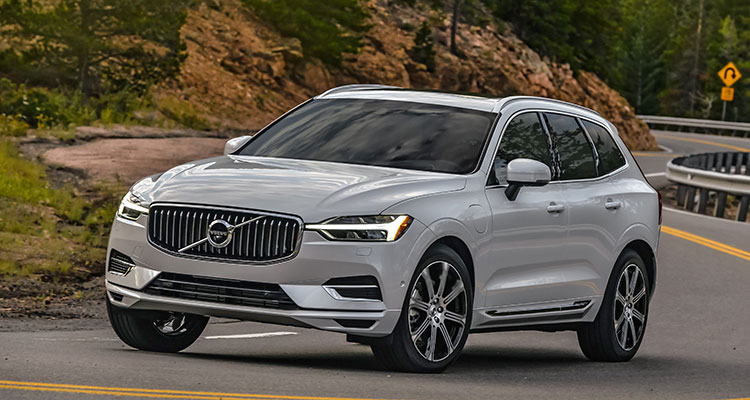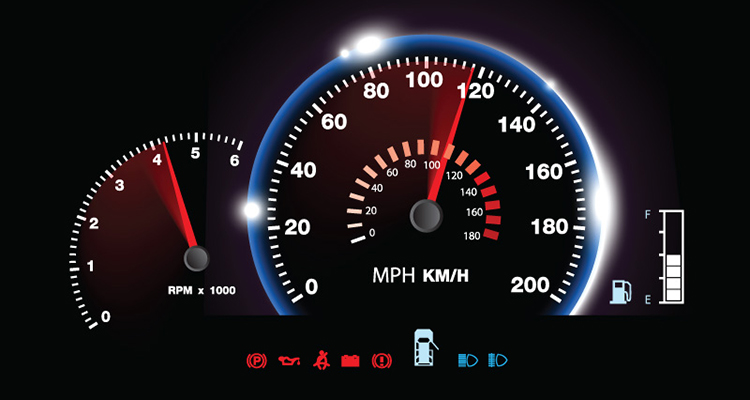Recently, we reported on Volvo plans to limit the top speed of their cars to 112mph.

Always the innovators for safety, Volvo has seemingly just jumped the gun on a wider adoption of such safety measures. From 2022 the UK looks set to adopt mandatory speed limiting measures as part of a provisional change in rules to be adopted across Europe. This will only apply to new cars of course, and Brexit will have no effect on the outcome of this plan either way.
A landmark day, the road charity Brake called it, while the AA spread a little caution on any blanket enthusiasm suggesting that extra speed was often an aid to safe overtaking in many circumstances.
We’ve seen a steep rise in the graph over the past few years when it comes to tech that was once regarded as a luxury option on high-end cars being adopted by manufacturers as standard.

But while the likes of ABS can be an aid in correcting a car about to lose control, most accidents are still caused by human error according to EU Commissioner Elzbieta Bienkowska. Such technology as speed limiting is an attempt to stop drivers putting themselves in a position where they may potentially lose control.
There are opposing voices to Intelligent Speed Assistant (ISA) though, with objections that range from the worry that safe overtaking will be compromised, to the ubiquitous criticism that it’s all a bit ‘big brother’.
A concern that sign recognition tech is not quite up to scratch has also been raised.
How It Works

GPS will transmit the speed limit data to the car’s on-board computer informing of the correct speed for the particular road the car is driving on at that particular time.
A camera that recognises and reads speed limit signs could also be implemented. And in answer to the AA’s concerns about overtaking, the driver can potentially override ISA by pushing down on the accelerator in situations where it might be required to do so – this ability to override will work temporarily.I
Curiously, a basic on/off ISA system switch has been suggested too, with the car defaulting to ‘on’ each time the engine is started up. I can’t quite see why such a switch would be included if speed limiting tech is to become mandatory, though it’s not unfeasible to think that each country will be able to apply its own type approval regarding this.

Another aspect of this change is that cars will also be fitted with data recorders, rather like aircraft black boxes. I can already hear the cries of ‘big brother’ again but such things should be seen as positive too, potentially proving a driver’s innocence in certain situations.
In many respects, ‘big brother’ is actually rather appropriate. You can interpret this tech as a change that will watch over you and remind you to obey the law. Speeding is an area of the law that many feel is OK to ignore without any stigma attached.
Will this change the intrinsic behaviour of so many? That old adage that we’d all drive more carefully if the car had a spike in the centre of the steering wheel (a Tullock Spike) rather than making drivers feels safer with a seatbelt on, and possibly then behaving less cautiously, could arguably be applied here as well.

Just how much control should technology be able to wrestle from a driver? A sobering thought to end on is that studies by the NHTSA in the USA and ROSPA in the UK found that 94-95 per cent of all car accidents are caused by human error.
Images: bbc.co.uk, petrolprices.com, thesun.co.uk
For more articles like this, receive our weekly e-newsletter, including partner deals and all things motoring, register your email below.
Please note: You cannot subscribe to Smart-Motoring unless you put a tick in the checkbox below to indicate have read and agreed to our privacy policy.




Leave a Reply
You must be logged in to post a comment.